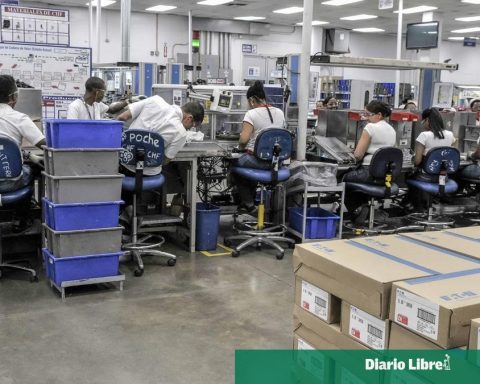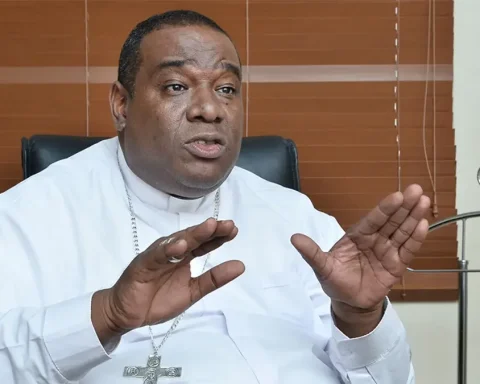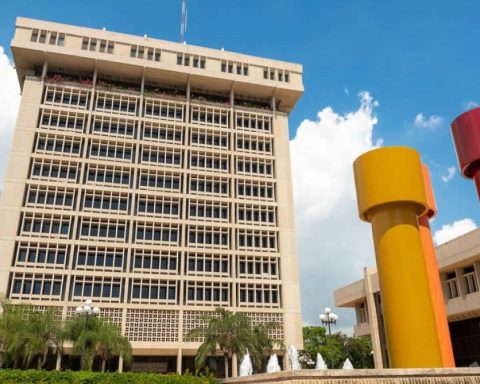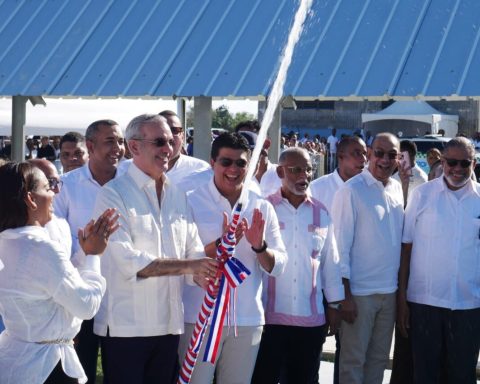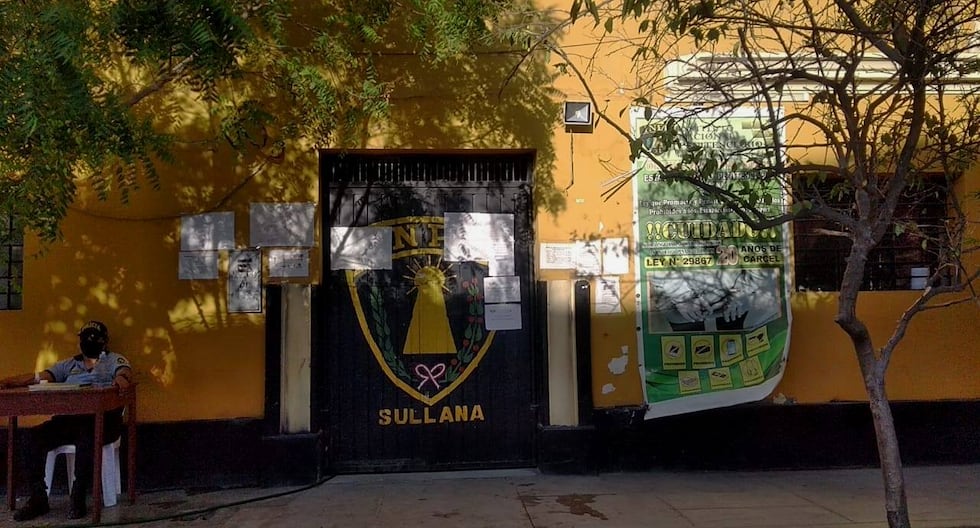Issues such as the electricity sector, quality education and labour reform will continue to represent an important and necessary stage for dialogue to reach a consensus.
A report has been published on the assessment of the “dialogue on reforms for institutional strengthening and efficient management of the State”, which includes the actions carried out by the Government and some of the results achieved, as well as the space for dialogue for the consensus not yet achieved in areas such as the electricity sector, social security, labor reform, quality education and the digital field.
The report, prepared by José Ramón Holguín, Vice Minister of Monitoring and Government Coordination of the Ministry of the Presidency, points out that issues such as the electricity sector, quality education and labor reform will continue to represent an important and necessary scenario for dialogue and monitoring of agreements between the Government and the main interest groups in these sectors.
The report explains that although most of the consensus regarding social security requires a modification of the law, actions have been taken in areas where it was possible to act through the National Social Security Council, such as the review of the Per Capita this year, through Resolution 563-01; the review of the policy contract and the issuance of a new version of the Disability and Survival policy contract between the AFPs and the Insurance Companies for the Contributory Regime and for those affiliated with the Pilot Plan of the Contributory-Subsidized Regime for Domestic Workers, through Resolution 569-03; and Resolution No. 572-07, through which more than 20,000 public servants will be able to opt for the voluntary return to the Pension Distribution System, for those workers who were affiliated with the Old Age, Disability and Survival Insurance, established by Law No. 87-01.
Regarding digital transformation, the report in which 14 commitments were assumed by consensus, of which actions have been taken in 100% of them, primarily aligned with the consensus to approve the structure of the Digital Agenda 2030, establishing it as the agreed roadmap for the digital transformation of the Dominican Republic.
The report cites as an achievement the Dominican Water Pact 2021-2036, signed at the National Palace on August 14, 2023, the result of a broad national consultation, with the participation of more than 1,500 civil society actors.
Another achievement is decree 149-21, dated March 11, 2021, which establishes the General Plan for the Reform and Modernization of Public Administration, approved by consensus at the Dialogue Table. As a result of the execution of this plan, other regulations have been promulgated.
Regarding the health sector, it states that 80% of the consensus reached was included in the new National Strategic Health Plan (PLANDES 2030). This document contains the policy and policy instruments that the health sector will deploy in the next 7 years until 2030.
Regarding transparency and institutionality, it indicates that the thematic table reached five consensuses, of which the Government has taken action in 100% of them, although there are pending issues; Transport: This table reviewed a total of 63 proposals from the highest to the lowest level of technical complexity, of which consensus was reached in 42 of them.
Most of the consensuses are contemplated in the Sustainable Urban Mobility Plan (SUMP), which is a tool for planning mobility to make it more global, comprehensive and participatory, including the improvement of connectivity, circulation and competitiveness. This plan is currently being implemented with important results, such as: the Santiago de los Caballeros Monorail Project, with 37.93% overall completion, 39.6% Civil Works and 36.26% Electromechanical; in the case of Line 1 of the Santiago Cable Car, 67.77% overall progress of the Project has been achieved, 46.10% in Civil Works and 91.25% in Electromechanical Works.
In addition, the following projects are currently underway: Support for the reform and structuring of bus corridors; Cycle-infrastructure Manual; Public Bicycle System; Institutional and business support for OMSA and private operators; and the Integrated Tariff System.
Regarding citizen security and police reform, he explains that in line with the consensus and recommendations of this dialogue space, the following decrees were promulgated: 372-22, which creates the Technical Commission for the Restructuring of the National Police Education System; 371-22.
Promoting consensus
In the notes to the report, Rafael Toribio, president of the Economic and Social Council, highlights the momentum that dialogue has taken to reach consensus on reforms after President Luis Abinader took office for his current term. He recalls that through a letter dated August 28, 2021, he asked the CES to start the dialogue process on August 30 to discuss the agenda of structural reforms with the aforementioned issues, highlighting that “The Economic and Social Council has a fundamental role in this process, since it is the best catalyst to have a broad vision, include all sectors, develop comprehensive proposals and channel them for the best success.” “Immediately from the CES we began the preparations” for that task. wrote Rafael Toribio.



